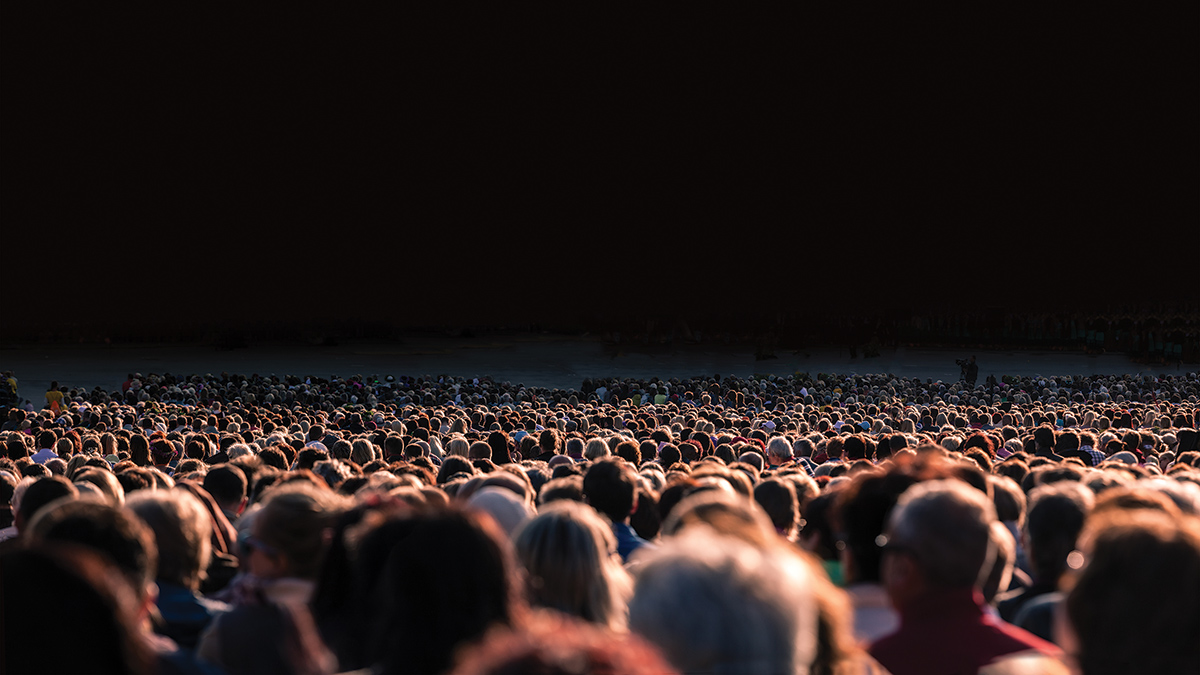
Can Planet Earth support 108 billion people?
Maybe not, but an early transhumanist thought it was a good idea
Here at BioEdge, we like to keep tabs on proposals for advancing the cause of transhumanism. The online magazine Vice features a look back in history at a wildly ambitious proposal from late 19th Century Russia, a bubbling cauldron of weird ideas.
Nikolai Fyodorovich Fedorov, a librarian and Russian Orthodox philosopher, had a simple proposal: resurrect everyone who has ever lived — which, today, is about 108 billion people. Rejuvenating the living and resurrecting the dead was, he said, “the common task” of humanity. His ideas gave rise to the philosophy of Russian cosmism.
Fedorov was a respected intellectual, although none of his speculations was published in his lifetime. He was known to Tolstoy and Dostoyevsky.
He theorized about the eventual perfection of humanity and society and proposed radical initiatives like anti-ageing, immortality and space and ocean colonization.
As for raising the dead, he suggested that decayed fragments of bodies could be nurtured back to life (what is today known as cloning) and that one generation could revive the previous generation, who could revive their parents, and so on (genetic engineering). A bit simplistic, but he was clearly on to something.
According to a study in the magazine e-flux:
Following the October Revolution, the materialist nature of Fedorov’s theories appealed to many in the new Soviet state, and his universe-scale ambition did not seem out of place in a radicalized society that had abruptly overcome such seemingly intractable obstacles as private property. While it never became a part of official Soviet doctrine, much of cosmism dovetails with the ethos of early postrevolutionary utopian socialism in its drive towards a classless, egalitarian society completely dedicated to the emancipation and self-transformation of humanity, and to the construction of a man-made paradise on earth. The first postrevolutionary decade saw an explosion of cosmist ideas and their application in very diverse areas of life, from art and science to the practical organization of labor, time management, and the health system. This period also sees the emergence of biocosmism—an atheist, anarchist-infused variant of cosmism strongly influenced by futurism in poetry and art. At a certain moment in the mid-1920s, it is in fact difficult to find a creative thinker in the USSR who is not influenced by this set of ideas.
Unsurprisingly, the cosmists attracted the attention of orthodox Marxist-Leninists and most of them were murdered or purged by Stalin.
Modern transhumanism has a long way to go before it recovers the ambition of its forebears. The impoverished dreams of our contemporaries extend only to reviving a paltry handful of cryonically frozen brains or uploading the consciousness of a chosen few to the internet. Reviving 108 billion people – that is a goal worth striving for!
Michael Cook is editor of BioEdge
Creative commons
https://www.bioedge.org/images/2008images/144000.jpg
transhumanism
- How long can you put off seeing the doctor because of lockdowns? - December 3, 2021
- House of Lords debates assisted suicide—again - October 28, 2021
- Spanish government tries to restrict conscientious objection - October 28, 2021
